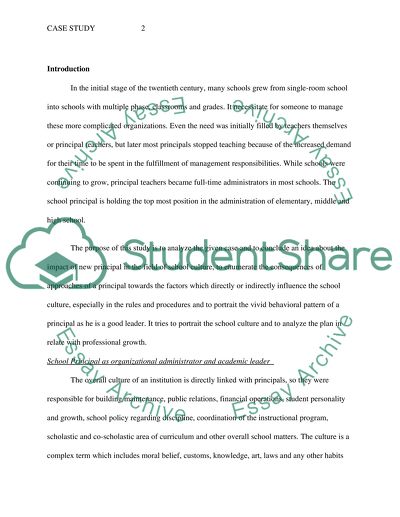Cite this document
(“Old School Culture and a New Principal Research Paper”, n.d.)
Retrieved from https://studentshare.org/family-consumer-science/1423208-old-school-culture-and-a-new-principal
Retrieved from https://studentshare.org/family-consumer-science/1423208-old-school-culture-and-a-new-principal
(Old School Culture and a New Principal Research Paper)
https://studentshare.org/family-consumer-science/1423208-old-school-culture-and-a-new-principal.
https://studentshare.org/family-consumer-science/1423208-old-school-culture-and-a-new-principal.
“Old School Culture and a New Principal Research Paper”, n.d. https://studentshare.org/family-consumer-science/1423208-old-school-culture-and-a-new-principal.


